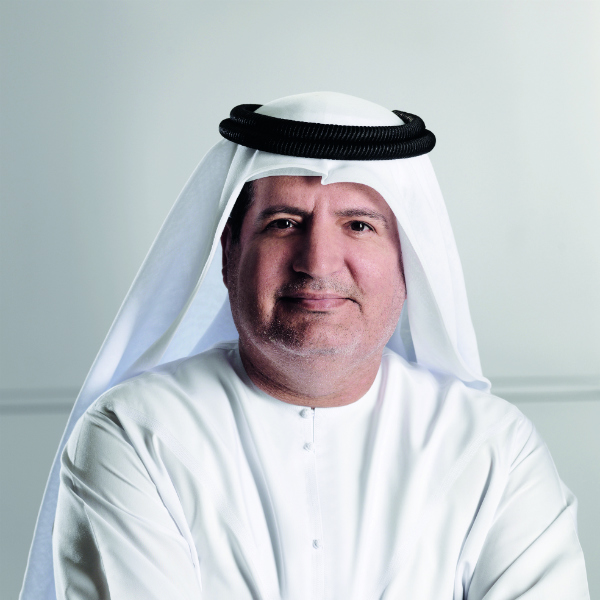Building legacies through customer satisfaction
Emirates Global Aluminium’s Walid Al Attar explains how the company has built long-standing success on the back of customer satisfaction

The success of any company begins and ends with the customer. It is the customer who provides the revenue and generates the word-of-mouth, and it is the customer, among other stakeholders, that validates our business. Without customers, there will be no business.
I was recently reminded of this during a company-wide celebration of a new production milestone. Since 1979, Emirates Global Aluminium has produced 20 million tonnes of aluminium, a landmark value supported by tighter efficiencies and eight different expansions at our Jebel Ali facility. That level of production was only feasible because at our back was a roster of customers around the world that see us as a preferred partner.
When we began operating four decades ago, we made it a primary objective to capture the attention of more customers and more markets, and this aggressive strategy has had its rewards. Today, our export strategy has grown to include downstream businesses from more than 60 countries around the world.
But we had to stay vigilant to avoid tunnel vision. When we embrace an acquisition-centred strategy it is easy to lose track of a stakeholder more important than any other — the loyal customer; the one that you have retained over many months or even years. At EGA, we produce one tonne of every 25 tonnes of aluminium in the world, and 75 per cent of our customers have bought aluminium from EGA for at least 10 years.
Loyal customers can be even more of a boon to the bottom line than new customers. Research shows that it is less expensive and easier to retain a current customer than it is to attract a new customer, and that increasing customer retention rates by 5 per cent could increase profits by 25 to 95 per cent in the long-term.
While there is no recipe to reduce customer churn and increase loyalty, there are two criteria that, once addressed, can help maintain these critical relationships.
The first is value. Value has always been a point of differentiation for a company and a brand, and the first step to demonstrating value is to understand customer needs and the extent to which your products and services are successfully satisfying those needs. Companies must then identify where they fall short and note what steps they can take to make up the difference.
It is in the process of closing that gap that we become ‘partners’ to our customers, rather than ‘suppliers’.
For instance, over time, EGA has come to understand that our customers appreciate product customisation. As a result, EGA has invested in 20 casting stations at our smelters in Jebel Ali and Al Taweelah, which has allowed us to fit our products to the market needs of our customers.
This requires a certain level of consultation on the part of our teams, with employees working with customers to develop new alloys, and guiding our customers to better understand the mechanical properties of existing alloys and to differentiate which ones can help them to overcome their manufacturing challenges and improve their processes.
This level of value addition takes time, research, and investment, but is well worth it. Some 80 per cent of our output today is made up of value-added products, and we are the world’s largest supplier of value-added products to external customers by volume.
The second factor is a motivated workforce. Happy employees have a definitive impact on levels of customer satisfaction, customer loyalty, and customer advocacy. Where companies have tried to ensure high employee engagement, staff are 63 per cent more likely to understand customer needs and work harder to satisfy them. This holds true for both frontline employees, who will focus on improving customer interaction, and non-customer-facing staff who will work on product quality and consistency.
Yes, signing up a stream of new customers is a major financial catalyst for companies, and it is something that we must do, but we must not forget the work of customer satisfaction. Not only do our customers play a vital role in our business and contribute tremendously to our reputational success, but also they have a significant impact on our future growth.
Realise now that we must work ceaselessly to ensure their happiness at every level of our business. If we can do that, then we will never question our ability to see another day, another fiscal year or another tonne of aluminium.
Walid Al Attar is chief marketing officer at Emirates Global Aluminium
